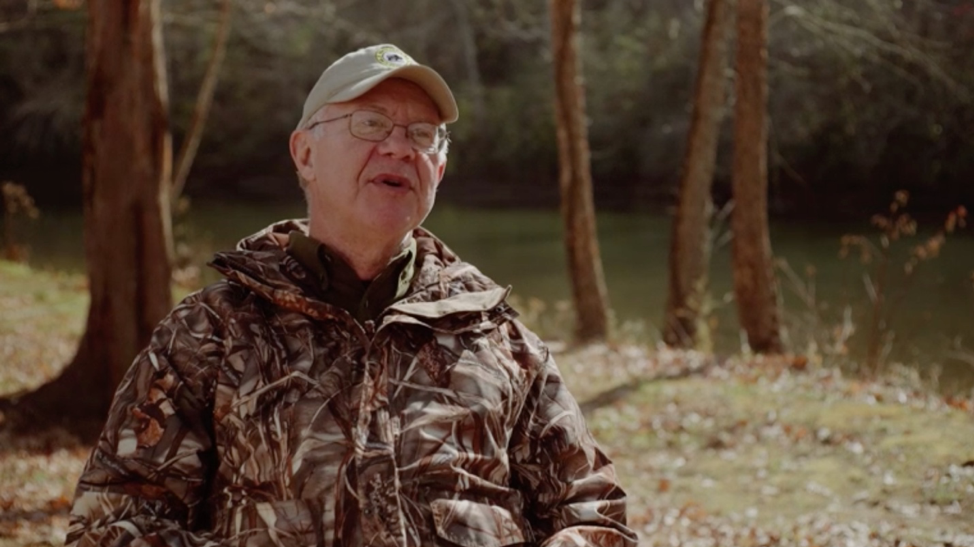Peer-Reviewed Article · Aug 11, 2020
Personal Climate Stories Can Persuade
By Abel Gustafson, Matthew Ballew, Matthew Goldberg, Matthew Cutler, Seth Rosenthal and Anthony Leiserowitz
Filed under: Messaging and Audiences
We are pleased to announce the publication of a new research article “Personal Stories Can Shift Climate Change Beliefs and Risk Perceptions: The Mediating Role of Emotion” in the journal Communication Reports.
A key challenge in climate change communication is that many people perceive the impacts of climate change to be far away in time and space. Therefore, it is important to emphasize that climate change impacts are here and now, and already harming people and local ecosystems. One way to do this is to share the personal stories of people who have experienced the effects of climate change. Our own climate news service Yale Climate Connections, broadcasts a new story each weekday on more than 600 radio stations and frequencies nationwide, featuring diverse voices telling their own stories of local climate impacts and solutions.
In this study, we tested the persuasive effects of one such radio story in two experiments. The story features Richard Mode, a North Carolina sportsman, who describes his emotional response to the impacts of climate change on his favorite places to hunt and fish.

We found that listening to this radio story had significant positive effects on the climate change beliefs and risk perceptions of both conservatives in the U.S. (Study 1) and moderates and conservatives in six southeastern U.S. states (Study 2).
Prior research has found that emotions can play an important role in the persuasiveness of climate change messages. So, in our second experiment, we examined whether the persuasive effects of this radio story could be explained by the activation of feelings of worry and compassion. The results indicate that activated feelings of worry and compassion accounted for much of the story’s effects—i.e., that the more people felt worry and/or compassion in response to the story, the more they changed their climate change beliefs and risk perceptions.
Together, these findings highlight the importance of sharing personal stories about how climate change is affecting people and ecosystems, and underscore the importance of emotion as well as facts in climate change communication.
The full article is available here to those with a subscription to Communication Reports. If you would like to request a copy, please send an email to climatechange@yale.edu with the subject line: Request Personal Stories of Climate Impacts paper.